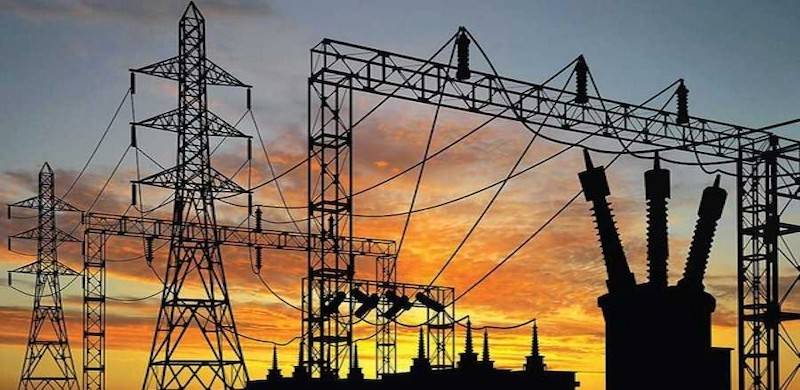
The Pakistan Muslim League-Nawaz (PML-N) government's plans to reduce load-shedding by increasing power generation to more than 18,000 megawatts seem to have been successful, as reduction in load-shedding brought the nation relief ahead of Eid-ul-Fitr.
The government claims that load-shedding has been 'reduced to zero' from today onwards, saying that an more than 2,500 megawatts of additional power was pumped into the system, according to a statement by the Ministry of Energy.
The statement read, "The ministry is constantly striving for uninterrupted power supply during the Eid holidays and beyond."
The only exception, the statement said, would be in areas with low-recovery feeders, where some degree of load-management would continue.
The development comes a week after Prime Minister Shehbaz Sharif directed authorities to put an end to power outages in the country by May 1.
In an emergency meeting called to resolve the on-going energy crisis, the PM had instructed his ministers to rectify the crisis before the on-set of the summer, and the impending heatwave.
In the meeting it was revealed that 20 of the 27 shut-down power plants had been reinstated and were set to generate more power to bridge the shortage.
Previously, in most major cities citizens had complained of 12-hour long load-shedding, with some rural cities even hitting the 18-hour mark.
The statement by the Ministry of Energy vowed to decrease power cuts by 50% for most major cities of Pakistan.
The demand for electricity in the country was 25,822MW whereas the production was only 18,101MW as power plants suffered due to low fuel, a problem that Federal Minister for Power, Khurram Dastgir attributed to the previous Pakistan Tehreek-e-Insaf (PTI) government.
He claimed that the previous government had not purchased fuel for the generators for the past 4 years, which had caused their condition to deteriorate, worsening the energy crisis.
The government claims that load-shedding has been 'reduced to zero' from today onwards, saying that an more than 2,500 megawatts of additional power was pumped into the system, according to a statement by the Ministry of Energy.
The statement read, "The ministry is constantly striving for uninterrupted power supply during the Eid holidays and beyond."
The only exception, the statement said, would be in areas with low-recovery feeders, where some degree of load-management would continue.
The development comes a week after Prime Minister Shehbaz Sharif directed authorities to put an end to power outages in the country by May 1.
In an emergency meeting called to resolve the on-going energy crisis, the PM had instructed his ministers to rectify the crisis before the on-set of the summer, and the impending heatwave.
In the meeting it was revealed that 20 of the 27 shut-down power plants had been reinstated and were set to generate more power to bridge the shortage.
Previously, in most major cities citizens had complained of 12-hour long load-shedding, with some rural cities even hitting the 18-hour mark.
The statement by the Ministry of Energy vowed to decrease power cuts by 50% for most major cities of Pakistan.
The demand for electricity in the country was 25,822MW whereas the production was only 18,101MW as power plants suffered due to low fuel, a problem that Federal Minister for Power, Khurram Dastgir attributed to the previous Pakistan Tehreek-e-Insaf (PTI) government.
He claimed that the previous government had not purchased fuel for the generators for the past 4 years, which had caused their condition to deteriorate, worsening the energy crisis.

